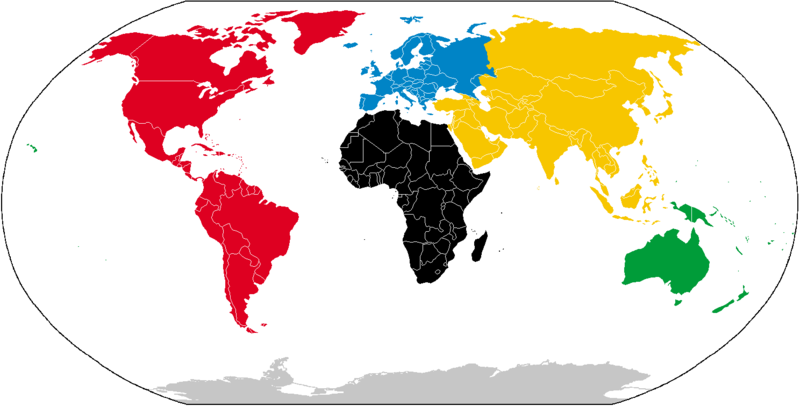
The Triangular Slave Trade**, also known as the **Transatlantic Slave Trade**, was a system of trade that involved three regions: Europe, Africa, and the Americas. Here's a concise overview of its causes and effects:
The **Triangular Slave Trade** was driven by several key factors:
1. **Economic Demand**: European colonies in the Americas required a large labor force to work on plantations growing cash crops like sugar, tobacco, and cotton. Enslaved Africans were seen as a solution to this labor shortage.
2. **Profit Motive**: The trade was highly profitable for European merchants and investors. They could buy enslaved people in Africa at a low cost and sell them at a high price in the Americas.
3. **European Expansion**: As European nations expanded their territories in the Americas, they needed more labor to exploit the resources of these new colonies.
4. **African Participation**: Some African leaders and merchants participated in the trade by capturing and selling people from rival communities or those captured in wars.
5. **Technological Advancements**: Improvements in shipbuilding and navigation made long sea voyages more feasible, facilitating the large-scale transport of enslaved people across the Atlantic.
The **Triangular Slave Trade** had profound and far-reaching effects on Africa, the Americas, and Europe. Here are some of the key impacts:
### Effects on Africa:
1. **Depopulation**: Millions of Africans were forcibly taken from their homes, leading to significant population loss, especially among young and able-bodied individuals¹.
2. **Social Disruption**: The trade caused widespread social instability, as communities were torn apart and traditional structures were disrupted¹.
3. **Economic Stagnation**: The loss of a large portion of the workforce hindered economic development and agricultural productivity in many regions¹.
4. **Increased Violence**: The demand for enslaved people fueled conflicts and wars among African states and communities, as they sought to capture and sell prisoners¹.
### Effects on the Americas:
1. **Economic Growth**: The labor of enslaved Africans was crucial to the economic development of the American colonies, particularly in the plantation economies of the Caribbean and the southern United States².
2. **Cultural Influence**: African cultures, traditions, and knowledge significantly influenced the cultural landscape of the Americas, contributing to music, cuisine, language, and religion².
3. **Social Stratification**: The establishment of a racial hierarchy and the systemic exploitation of enslaved people laid the foundations for long-lasting racial inequalities and social divisions².
### Effects on Europe:
1. **Wealth Accumulation**: European nations and merchants amassed great wealth from the trade, which helped finance the Industrial Revolution and further European expansion².
2. **Moral and Ethical Debates**: The brutality of the trade eventually sparked strong opposition and abolitionist movements, leading to the eventual end of the transatlantic slave trade².


0 Comments: